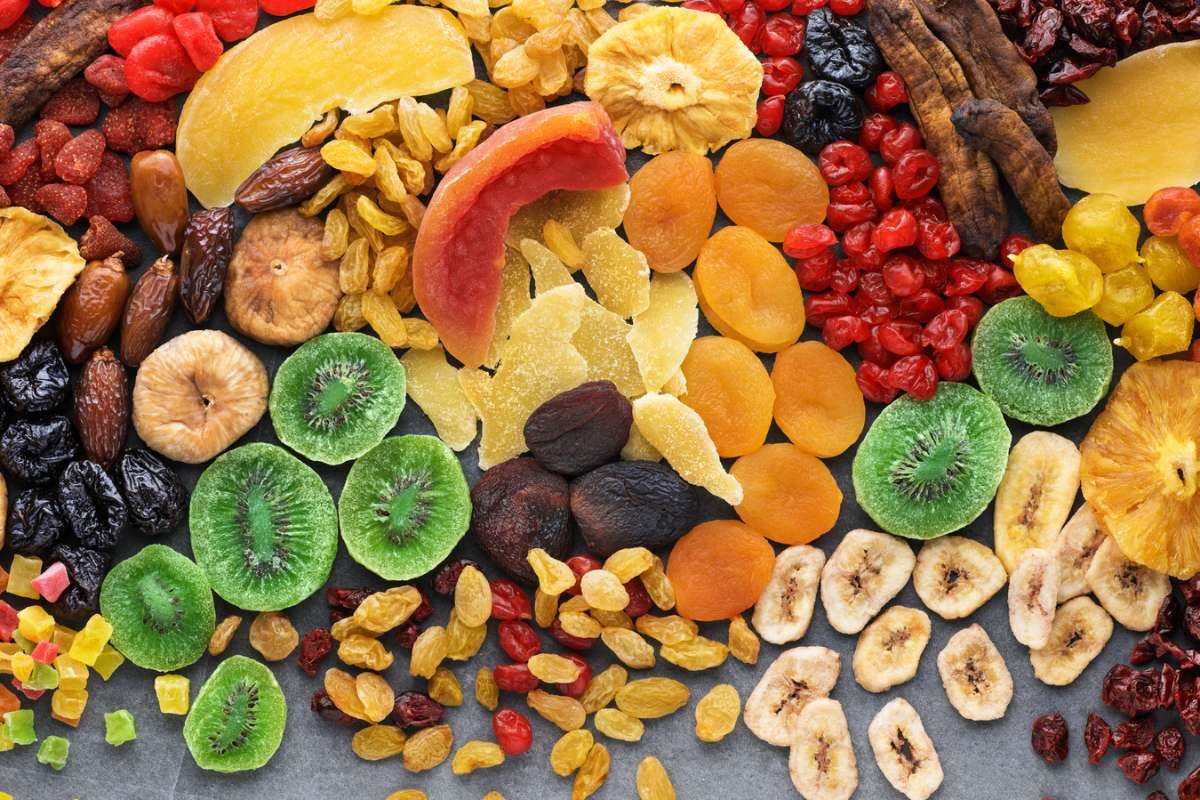Have you ever lost track of your keys or walked into a room and forgotten why you went there? We’ve all had those moments that make us wonder how to keep our minds sharp. One way to do that is by following the MIND diet. It is a simple eating plan that supports brain health and memory.
It focuses on foods like leafy greens, berries, nuts, and olive oil. Instead of strict rules, it encourages smarter eating habits that help you stay focused, energized, and mentally strong as you age.
What is the MIND Diet?
The MIND diet stands for the Mediterranean-DASH Diet Intervention for Neurodegenerative Delay. It combines two well-known eating plans: the Mediterranean diet and the DASH (Dietary Approaches to Stop Hypertension) diet.
The main goal of this diet is to support brain health and lower the risk of memory loss and diseases like Alzheimer’s. It focuses on foods rich in antioxidants, vitamins, and healthy fats that help the brain stay sharp.
Unlike strict diets that count calories or limit portions, the Mediterranean-DASH Diet is flexible. It encourages eating more of the foods that boost brain function and fewer of the foods that may harm it.
Also Read :– Benefits of the DASH Diet: A Complete Guide
Foods Included in the MIND Diet
The diet emphasizes foods that protect the brain, improve memory, and reduce inflammation. Below are the main groups of foods you should include and why they matter.
1. Green Leafy Vegetables
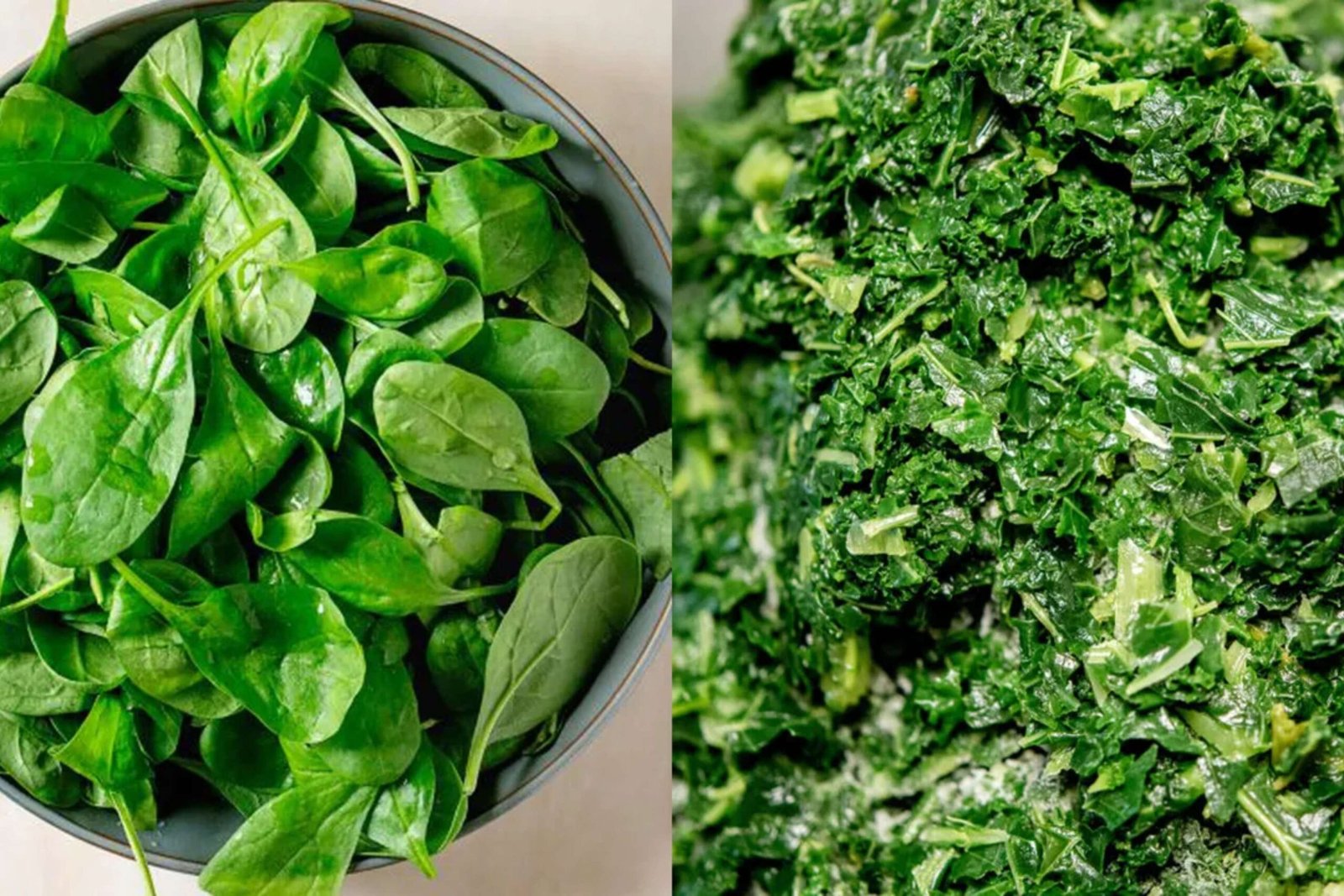
Examples: Spinach, kale, collard greens, lettuce.
These vegetables are high in vitamin K, lutein, and beta-carotene. These nutrients help slow brain aging and improve mental sharpness. People who eat leafy greens regularly perform better on memory tests. Aim for at least six servings per week.
You can enjoy them in salads, soups, or smoothies for variety. Lightly steaming or sautéing them in olive oil helps your body absorb more nutrients.
2. Other Vegetables
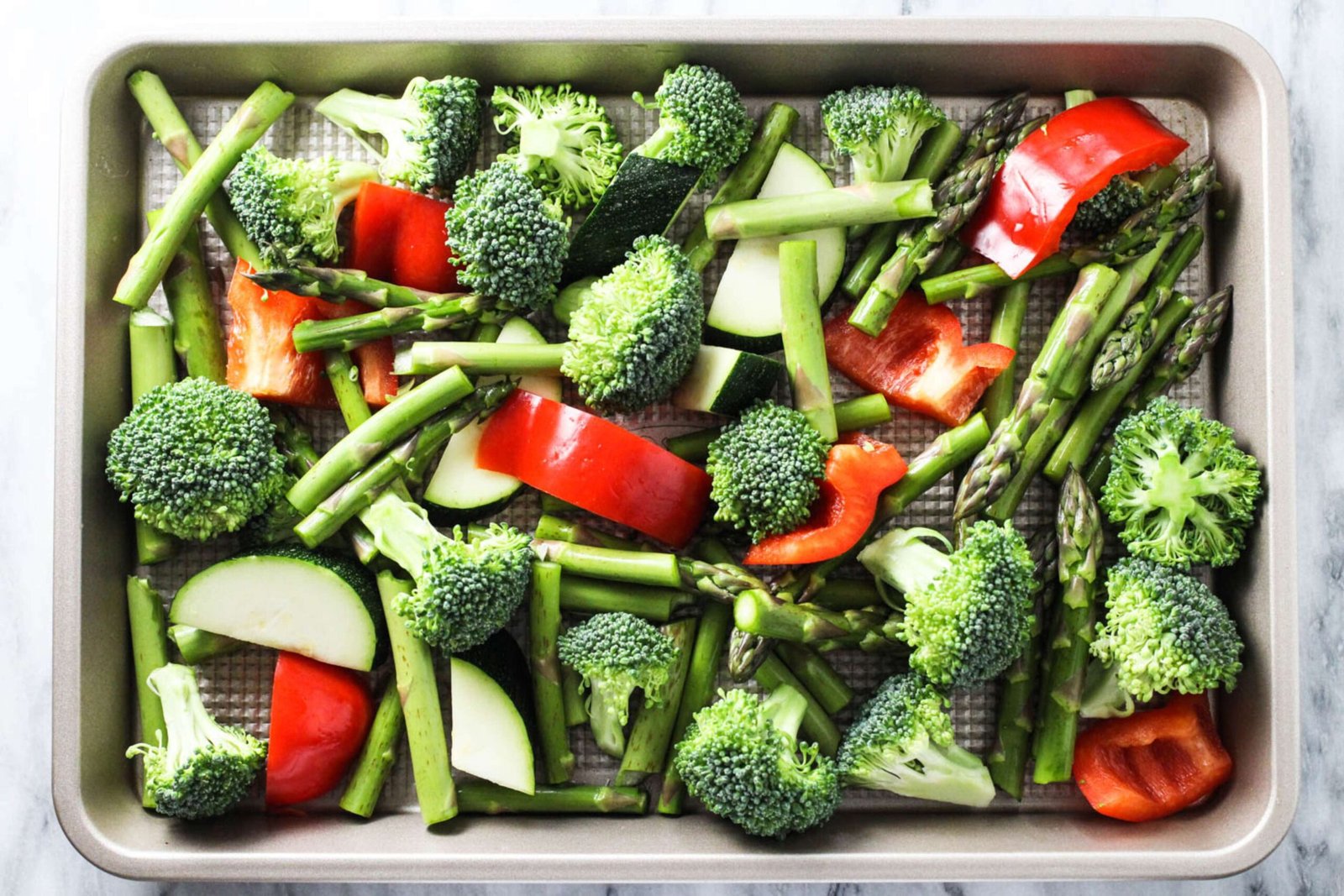
Examples: Carrots, broccoli, cauliflower, peppers, zucchini.
Non-leafy vegetables are packed with fiber and antioxidants that protect brain cells from damage. Try to include at least one non-leafy vegetable in your meals each day. They add color, texture, and important vitamins to your plate. Roasting or stir-frying them in olive oil is an easy way to make them tasty and healthy.
3. Berries
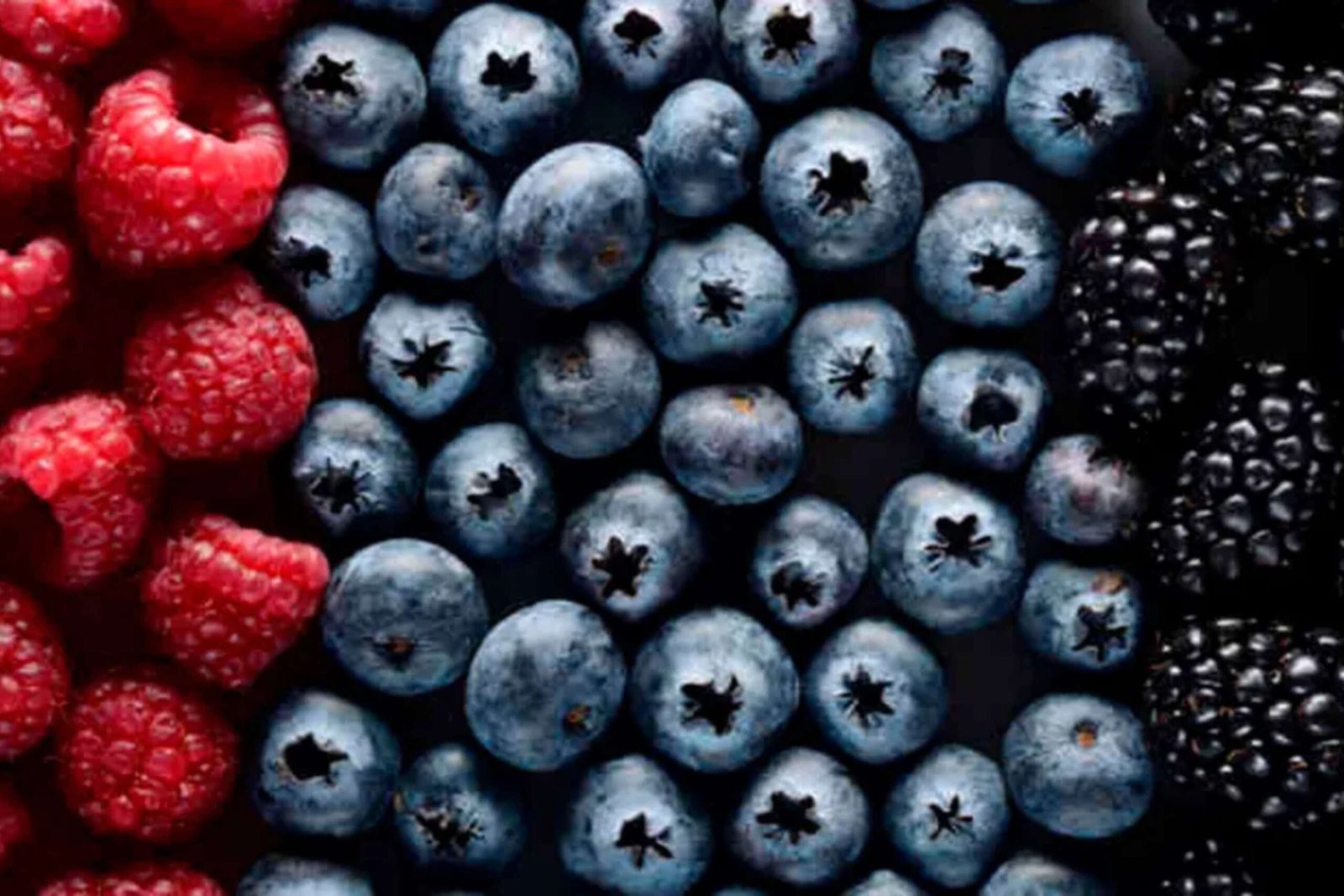
Examples: Blueberries, strawberries, blackberries, raspberries.
Berries are the only fruits specifically recommended in the Mediterranean-DASH diet. They contain anthocyanins, which are plant compounds that reduce inflammation and protect brain neurons. Blueberries are especially powerful for improving memory and focus.
You can eat them fresh, frozen, or blended into yogurt or oatmeal. A small bowl of berries a few times a week supports better brain health and satisfies your sweet cravings.
4. Whole Grains
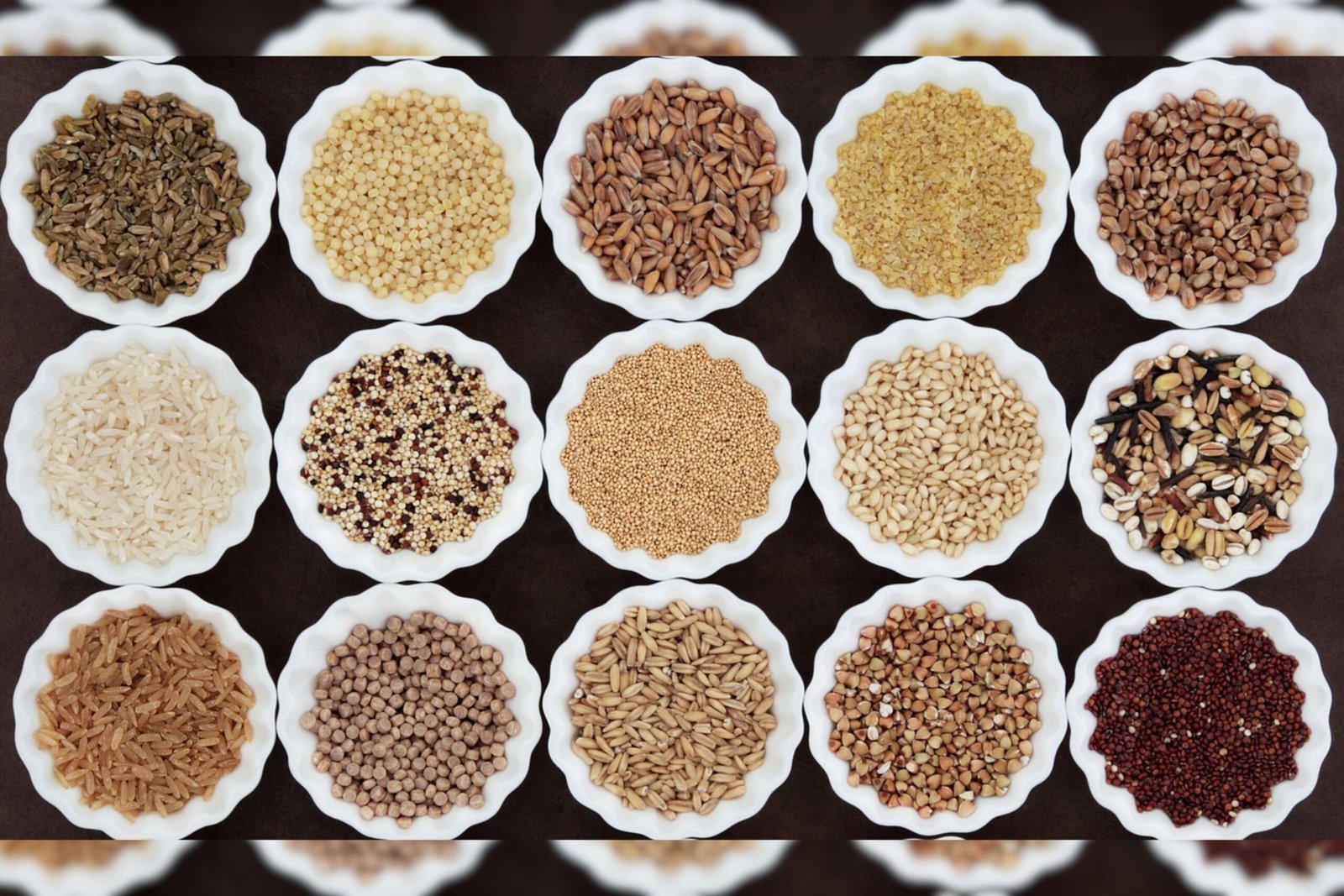
Examples: Oats, quinoa, brown rice, whole wheat bread, barley.
Whole grains give your brain a steady supply of energy. Their fiber keeps blood sugar levels stable, helping you stay alert. The MIND diet suggests at least three servings per day.
They also support healthy digestion and heart function. Choose whole-grain pasta or bread instead of refined versions for more nutrients and longer fullness.
Also Read :- The Best Mediterranean Diet Apps for a Healthier Lifestyle
5. Fish

Examples: Salmon, sardines, mackerel, trout, tuna.
Fatty fish are rich in omega-3 fatty acids, which are essential for brain cell structure and function. Eating fish once or twice a week can slow cognitive decline and improve mood.
Grilling, baking, or steaming fish preserves its nutrients better than frying. Canned tuna or sardines are quick options that fit easily into weekly meals.
6. Poultry

Examples: Chicken, turkey.
Lean poultry provides protein and B vitamins that help the nervous system function smoothly. Try having poultry at least twice a week instead of red meat. It’s also lower in saturated fat, which supports better heart and brain health. You can prepare it grilled, baked, or added to soups for a light, satisfying meal.
7. Nuts
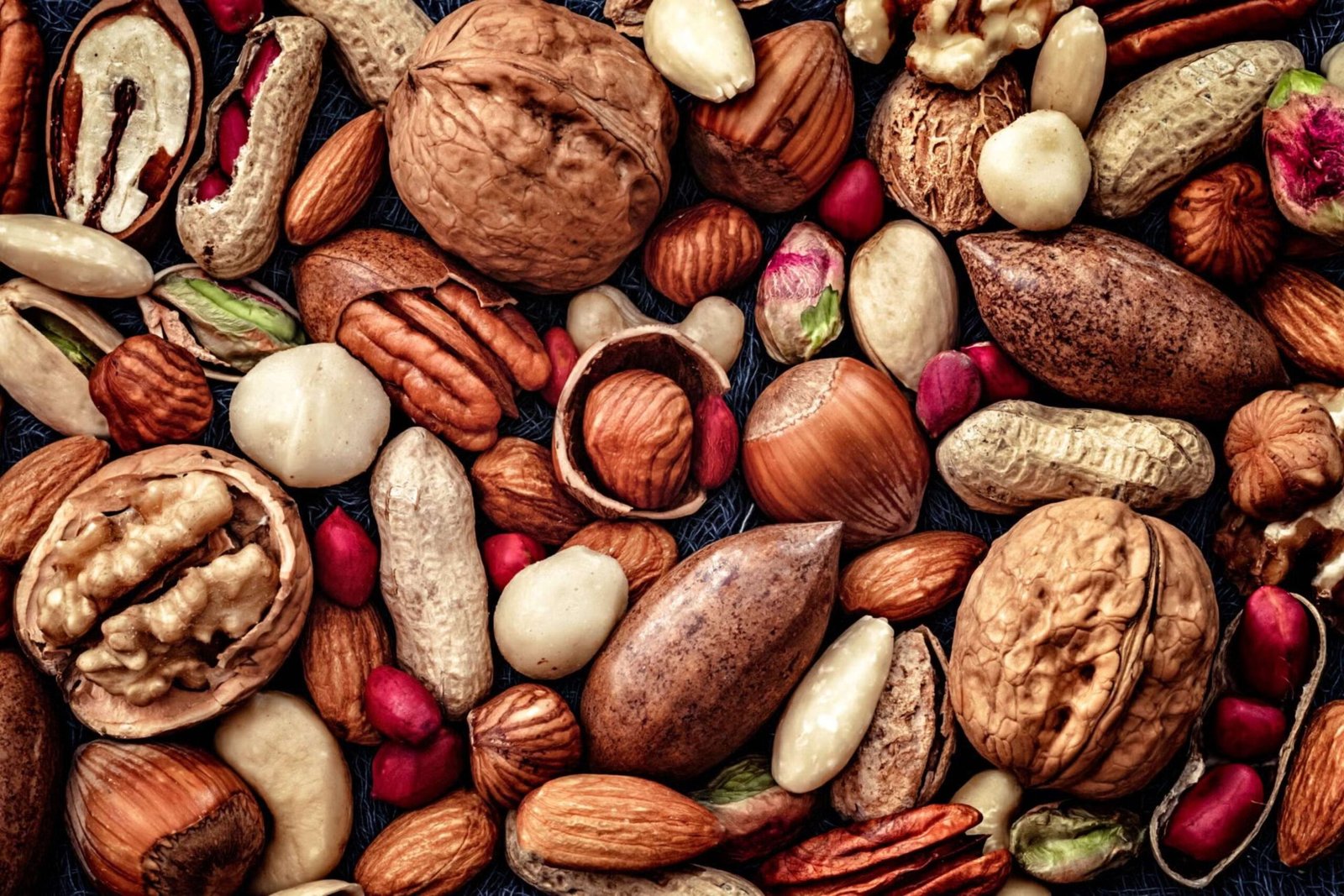
Examples: Almonds, walnuts, pistachios, hazelnuts.
Nuts contain vitamin E, healthy fats, and plant-based protein. Vitamin E protects brain cells from oxidative stress, which can lead to memory loss. A handful of nuts each day is ideal. They make great snacks or can be sprinkled over salads and yogurt. Choose unsalted and raw or dry-roasted varieties for the healthiest option.
8. Olive Oil
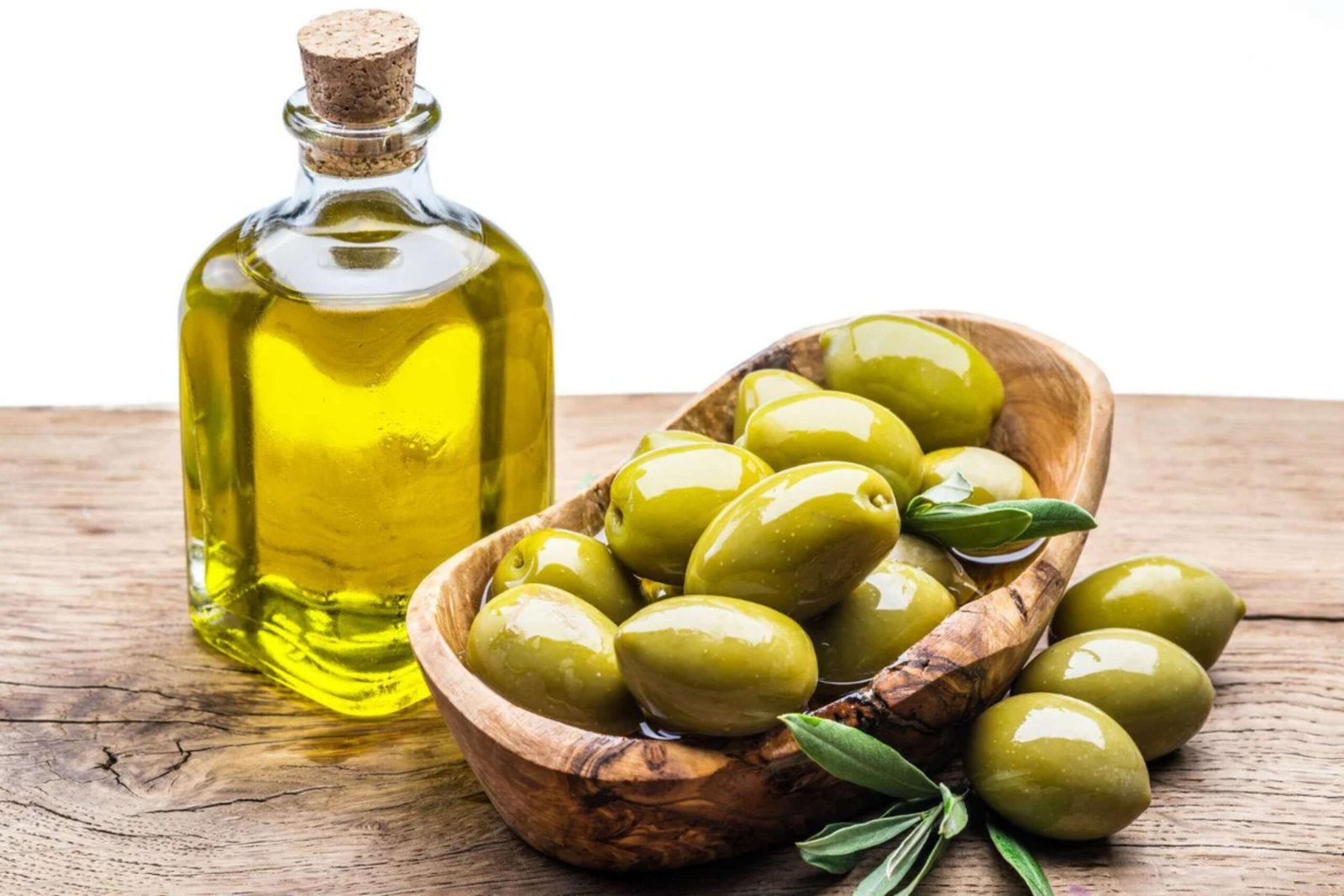
Olive oil is a core part of the Mediterranean-DASH diet. It’s full of monounsaturated fats that support brain health. Use it as your main cooking oil and salad dressing base instead of butter or margarine.
It also helps reduce inflammation and supports heart health. For best results, use extra virgin olive oil, which contains the most antioxidants and flavor.
9. Beans and Legumes
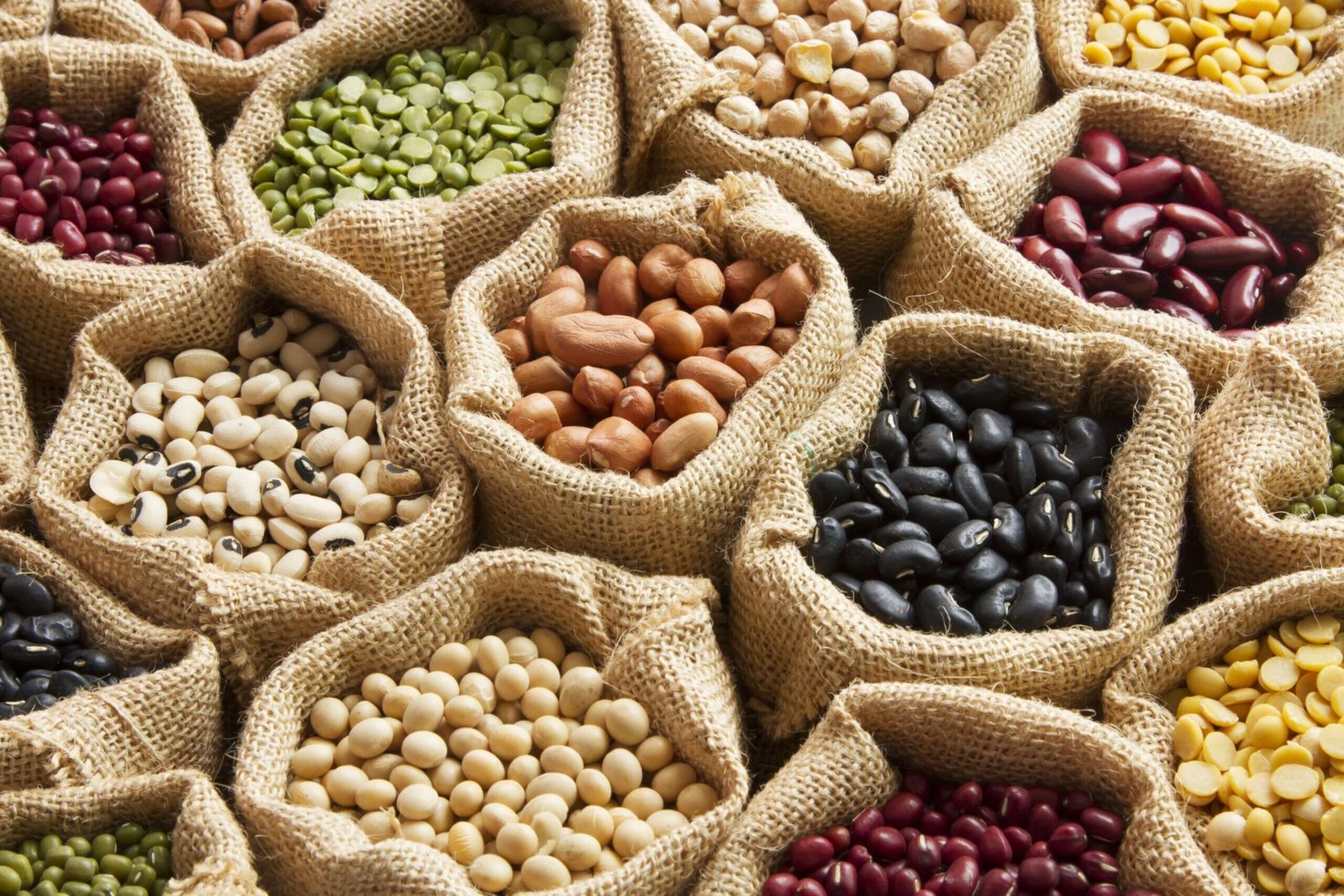
Examples: Lentils, chickpeas, kidney beans, black beans.
Beans are an affordable and powerful source of protein, fiber, and folate. They help regulate blood sugar levels and improve energy flow to the brain. Eat beans at least three times a week.
They can be added to soups, stews, or salads for easy, filling meals. Beans also promote gut health, which is linked to better mood and focus.
10. Wine (Optional)

Examples: Pinot Noir, Merlot, or Cabernet Sauvignon
Moderate wine intake, particularly red wine, is allowed in this diet. Red wine contains resveratrol, an antioxidant linked to better memory. However, this is optional. Grape juice or berries can offer similar benefits.
If you drink wine, keep it to one small glass per day with meals. Choose red wines like Pinot Noir, Merlot, or Cabernet Sauvignon, which naturally contain more antioxidants.
Foods to Avoid in the MIND Diet
While the diet doesn’t completely ban any food, it recommends limiting those that may damage brain health. Here’s what to reduce and why.
1. Red Meat

Examples: Beef, pork, and lamb.
Red meat contains saturated fats that can raise cholesterol levels and promote inflammation. Over time, this can affect brain blood flow and increase the risk of memory decline. Limit red meat to fewer than four servings per week.
Choosing leaner cuts or smaller portions can make an occasional serving healthier. You can replace red meat with fish, beans, or poultry for better heart and brain balance.
2. Butter and Margarine

These spreads are high in saturated and trans fats. They can clog arteries, reducing the oxygen supply to your brain. Instead, use olive oil or avocado spread for a healthier alternative. Switching to plant-based oils also helps lower bad cholesterol and improve blood flow. Small changes, like drizzling olive oil on toast or vegetables, can make a big difference.
3. Cheese
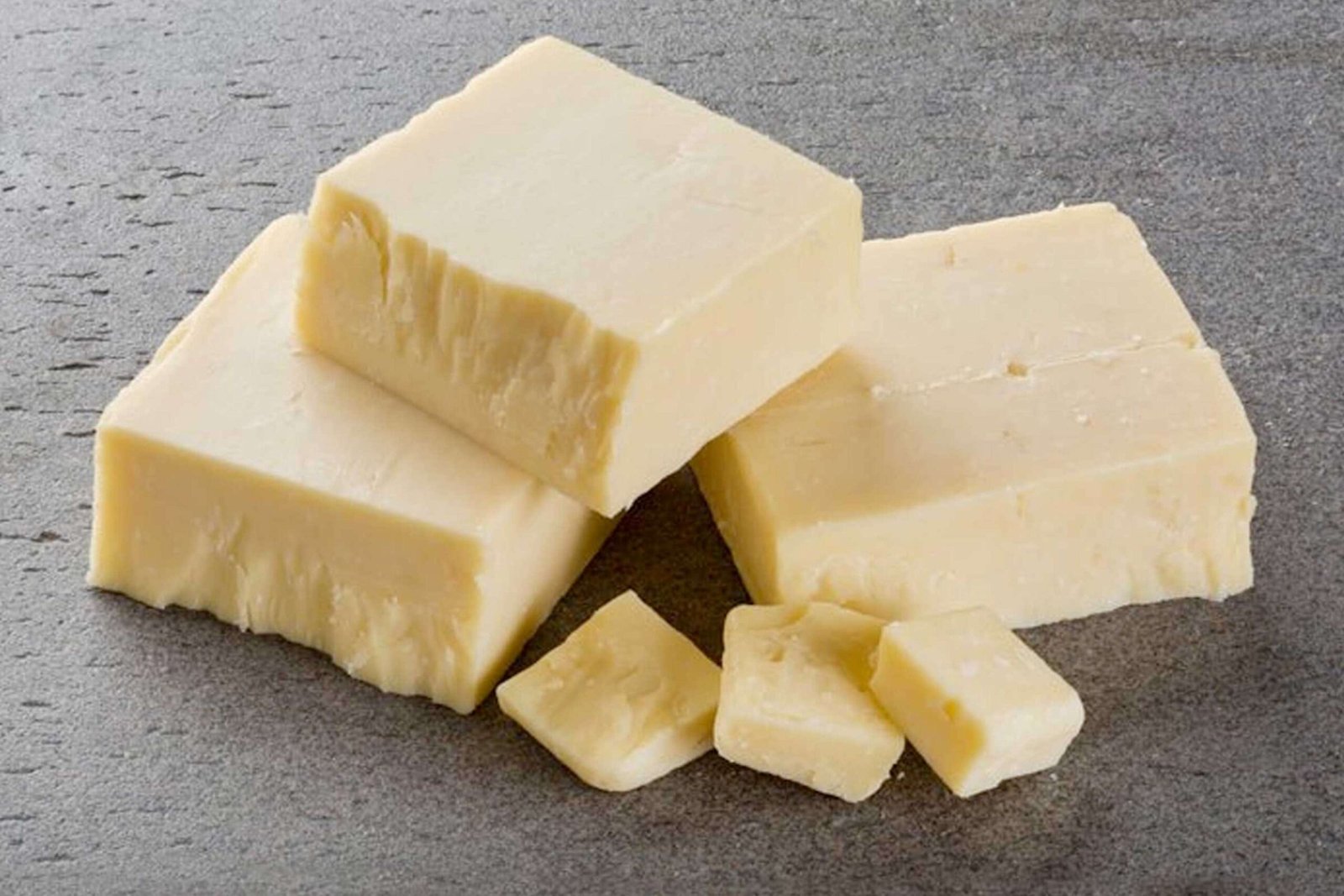
Though cheese offers calcium and protein, it also has high saturated fat content. Too much cheese may increase plaque buildup in brain vessels. Try to limit cheese to less than once a week.
Choose lighter versions such as feta or part-skim mozzarella if you enjoy cheese. Using smaller amounts as a topping instead of the main ingredient keeps meals flavorful but lighter.
4. Fried Foods

Examples: French fries, fried chicken, chips.
Fried foods often use oils high in trans fats, which can cause inflammation in the brain. These foods are also low in nutrients and can harm memory over time. Bake or air-fry instead. Air frying or oven roasting keeps the crunch without adding unhealthy oils. Preparing snacks at home gives you more control over ingredients and fat content.’
Also read :– Unveiling the Truth About Fried Fries Calories: Separating Fact from Fiction
5. Pastries and Sweets

Examples: Cakes, cookies, candy, donuts.
Sugar spikes your blood sugar and causes energy crashes that affect focus. Processed sweets also raise inflammation levels. Keep sugary treats to fewer than five times a week.
Opt for natural sweetness from fruits or dark chocolate when you crave dessert. Reducing sugar gradually helps balance mood, energy, and concentration throughout the day.
7-Day MIND Diet Meal Plan
Here’s a sample meal plan to help you follow the Mediterranean-DASH Diet easily. Adjust portion sizes as needed.
| Day | Breakfast | Lunch | Dinner | Snack |
| Day 1 | Oatmeal with blueberries and walnuts | Lentil soup with whole wheat bread | Grilled salmon, quinoa, steamed broccoli | Handful of almonds |
| Day 2 | Spinach omelet with olive oil toast | Chickpea salad with olive dressing | Baked chicken with brown rice and carrots | Apple slices with peanut butter |
| Day 3 | Greek yogurt with strawberries | Whole-grain sandwich with turkey and veggies | Vegetable stir-fry with tofu | Mixed berries |
| Day 4 | Smoothie with spinach, banana, and oats | Black bean bowl with avocado | Grilled trout with quinoa and green beans | Handful of pistachios |
| Day 5 | Whole-grain pancakes with raspberries | Vegetable soup with lentils | Olive oil chicken with roasted cauliflower | A small piece of dark chocolate |
| Day 6 | Scrambled eggs with kale | Tuna salad on whole wheat bread | Brown rice with beans and grilled veggies | Yogurt with blueberries |
| Day 7 | Overnight oats with chia and walnuts | Hummus with whole-grain pita and salad | Baked salmon with spinach and quinoa | A glass of red wine (optional) |
This plan provides a good balance of healthy fats, protein, and complex carbs. Each day includes foods known to support brain function and memory.
What are the 7 Benefits of the MIND Diet?
1. May Slow Brain Aging
Research shows that people who follow the Mediterranean-DASH Diet have brains that function like those of people several years younger. The diet’s antioxidants protect brain cells from damage caused by stress and free radicals.
2. Reduces Risk of Alzheimer’s and Dementia
The Mediterranean-DASH diet targets foods that lower inflammation and improve blood flow to the brain. A Study published in the National Library of Medicine suggests that even moderate adherence can reduce Alzheimer’s risk by up to 35%.
3. Supports Heart Health
The same foods that nourish the brain also support your heart. Whole grains, olive oil, and fish improve cholesterol levels and blood circulation. A healthy heart means a healthier brain. According to a study published in the National Library of Medicine, the Mediterranean-Dash diet can improve cardiovascular health.
4. Improves Memory and Focus
Omega-3 fats in fish, vitamin E from nuts, and antioxidants from berries all work together to boost memory. Many people report better focus after following the diet for a few weeks. The combination of healthy fats and antioxidants helps improve brain signaling and protects neurons from early decline.
5. Helps Maintain a Healthy Weight
Because the MIND diet emphasizes whole, nutrient-rich foods, it naturally limits processed and high-calorie items. This helps manage body weight without strict calorie counting.
Fiber-rich foods like beans, whole grains, and vegetables keep you full longer and reduce cravings for sugary snacks. Over time, these healthy choices can support steady weight loss and better metabolism without strict dieting.
6. Reduces Inflammation
Inflammation is linked to aging, depression, and memory problems. Foods like olive oil, leafy greens, and berries contain compounds that fight inflammation, keeping your brain and body strong. By reducing chronic inflammation, the diet supports both mental clarity and long-term physical health.
7. Supports Long-Term Health
Beyond brain benefits, the Mediterranean-DASH diet lowers risks of diabetes, hypertension, and heart disease. Its balanced approach encourages lasting, sustainable eating habits rather than quick fixes.
It promotes stable blood sugar, healthy cholesterol, and steady blood pressure, which are all key to aging well. People who follow this diet often experience improved energy levels and better overall wellness over many years.
Conclusion:
The MIND diet is a food trend turned lifestyle that supports long-term brain health. Combining the science-backed benefits of the Mediterranean and DASH diets helps reduce memory decline and supports overall well-being. The best part? It’s flexible and easy to follow.
Simple food choices, like adding more greens and cutting down on processed snacks, can make a big difference. Start small, stay consistent, and let every meal bring you closer to a sharper, healthier mind.
Faq
1. How is the MIND diet different from the Mediterranean diet?
A. While both focus on whole, plant-based foods, the diet places special emphasis on brain-boosting foods like berries and green leafy vegetables.
2. Are there vegetarian or vegan options in this diet?
A. Yes, you can easily adapt it. Replace fish with plant-based omega-3 sources like flaxseeds, chia seeds, or walnuts.
3. How long does it take to see results from the Mediterranean-DASH diet?
A. Results can vary, but studies show improvements in brain function and memory within a few months of consistent eating. The longer you follow it, the greater the benefits for long-term brain health.







